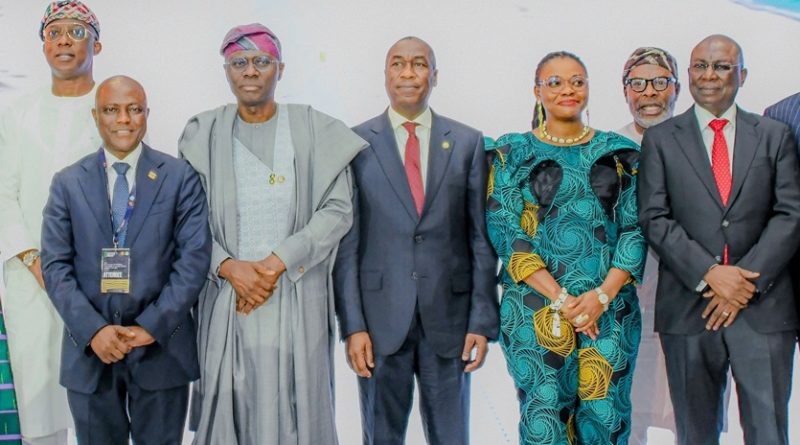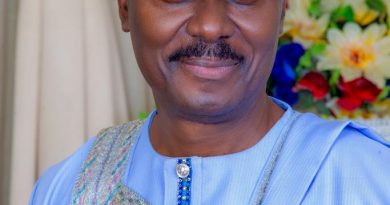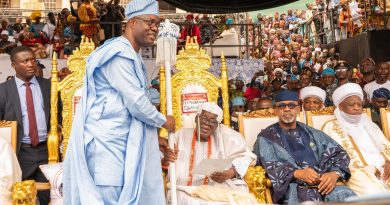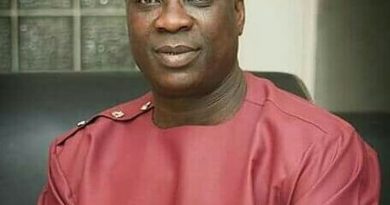Sanwo-Olu Launches ‘Lagos Carbon’ To Drive Global Emission Reduction, Blue Economy Growth
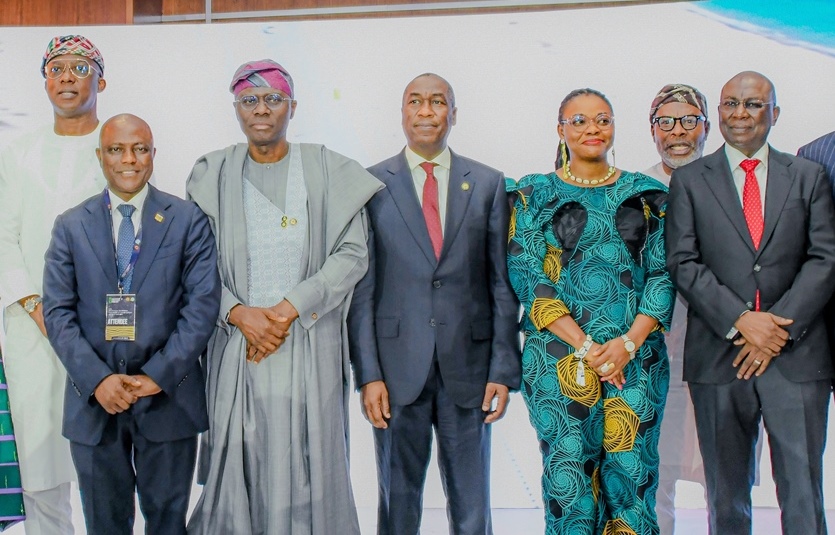
“Investing in Lagos’ resilience is not philanthropy — it is smart economics. It is an investment in the stability of Africa’s most dynamic economy and the security of the continent’s coastal future.”
He added that the Lagos Carbon initiative, built on bank-grade blockchain digital infrastructure, aligns with global momentum towards decarbonization ahead of the COP30 climate conference. Sanwo-Olu emphasized that Lagos’ approach to the climate era is founded on three interconnected pillars — Resilience, Innovation, and Financing — to safeguard lives, foster green industries, and attract sustainable investment. “We are building coastal resilience to protect lives and livelihoods. We are driving ocean innovation to reimagine commerce and mobility. And we are unlocking green and blue finance to power both,” he said.“As I often say, Lagos does not wait for the future; Lagos builds it. And that future must be sustainable, inclusive, and ocean-powered.”
The Governor highlighted several ongoing projects demonstrating Lagos’ commitment to sustainability, including the Great Wall of Lagos—a massive coastal defense system at Eko Atlantic City, which has turned a once-eroded coastline into a thriving urban hub. He also cited the Omi Èkó Initiative, which is transforming urban mobility through a low-carbon water transport network, developed in partnership with the French Development Agency (AFD) and the European Investment Bank (EIB). The project features clean-energy ferries, solar-powered docking hubs, and smart navigation systems designed to cut traffic congestion, reduce emissions, and create green jobs. Also speaking at the summit, the State Commissioner for the Environment and Water Resources, Mr. Tokunbo Wahab, said Lagos views the blue economy as a vital opportunity for sustainable growth rather than a risk. “Where others see risk, Lagos sees opportunity,” Wahab said.“This summit gives us a platform to redefine our relationship with the ocean — not as a resource to exploit but as a living system to nurture. The blue economy represents a new frontier for sustainable prosperity.”
He noted that this year’s summit was aimed at bridging the gap between visionary climate action and the sustainable financing required to achieve it. Delivering a keynote address, Mr. Taiwo Ajetunmobi, one of the guest speakers, urged the state to develop a unified strategy that aligns federal financing mechanisms with maritime policies.He called for Public-Private Partnership (PPP) models to attract global investors from regions such as China, Europe, and the Middle East.
“We must build institutional mechanisms that protect projects from political turmoil and short-term issues,” Ajetunmobi advised.“That is how we move from climate ambition to climate action and turn Nigeria’s maritime opportunity into shared prosperity.”

